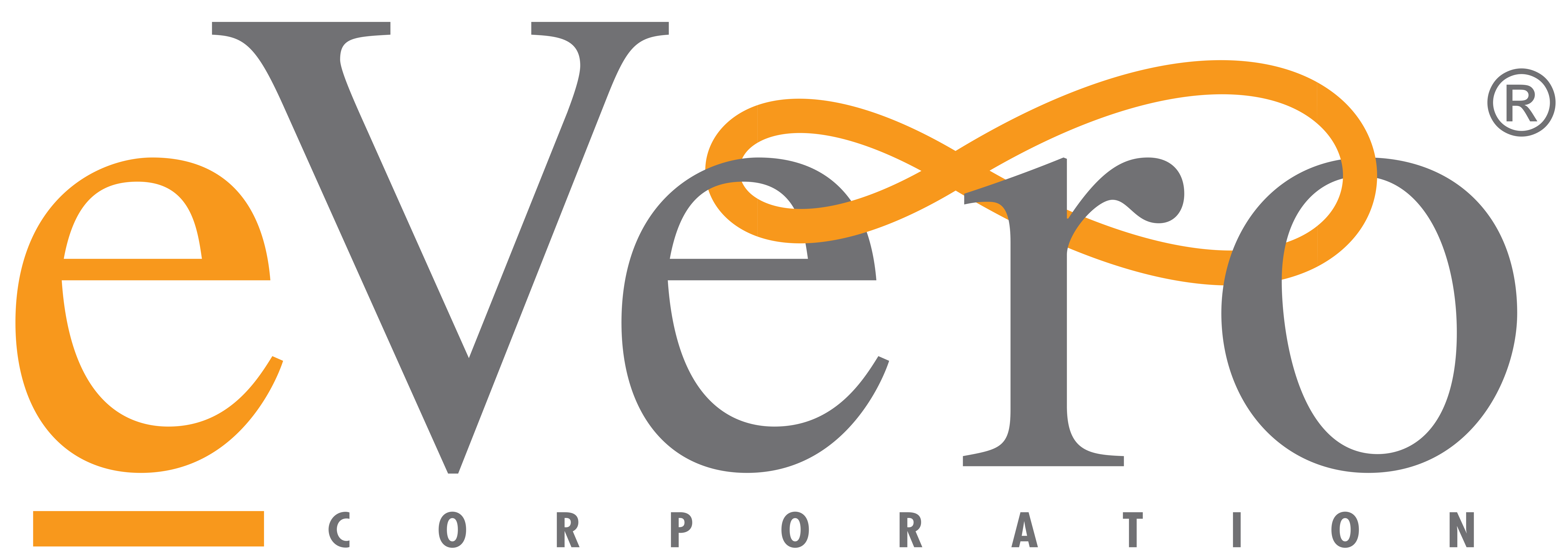
Cloud technology provides more storage, more connections, and better data protection.
Even if you already have electronic health records, you might not be fully utilizing your network efficiently. Cloud technology provides on-demand access to improve workflow, increase system agility and enhance your core computing processes.
Cloud-based technology takes the burden off both your staff and onsite system by expanding the resources available and enhancing the practice’s productivity. Consider three reasons why cloud technology is the right option for your agency.
1. Cloud Technology is Cost Effective
Cloud computing offers providers a way to rethink their budgeting options. The days of requisitioning more than half of your space to backup an individual’s records are over. The extra space can go towards business expansion to create new revenue or you can opt for a smaller operating space to save on overall expenses.
Working in the cloud also means fewer supply costs with an almost paperless practice. The days of ordering paper or customized forms by the truckload end with the right cloud service.
Your IT expenses change, as well. Everything you need exists beyond the four walls of the practice. This means no more expensive hardware or paying for each new software update. The cost is contained within the service, so you pay less.
Cloud management will help you maximize your system and get paid for every billable procedure. Fast and accurate billing speeds up the process to bring in payments quicker, too.
2. Cloud Technology Improves Security
Some healthcare professionals may think cloud technology is less secure than an in-house system, but the opposite is actually true. With cloud management, you delegate who sees what. This role-based access puts you in control of what each member of the care team sees.
Cloud systems have security at the application level. This means even when accessing the system remotely via a smartphone or tablet, the network is secure. The security covers the entire application, not the device. Even if a remote tool like a phone is lost or stolen, the patient information remains secure because unauthorized users do not have the proper log-in data.
3. Better Communication
Consultations used to mean sending sensitive information via email or fax. With cloud technology, practices can forward vital records to a hospital in case of an emergency, provide detailed billing information to the insurance company and even give patients a portal to access to their private data.
Real-time access allows for better healthcare collaboration, too:
- A primary care physician sees the specialist’s notes right away instead of after the dictation is caught up.
- Test results come to the office faster and imaging is available almost immediately.
- With cloud technology, you open the window to patient records for everyone who needs them.
- The radiologist sees that individual’s basic health information to assist in reading an image.
- The oncologist knows what medications the primary care physician prescribed to prevent drug interactions.
- The pharmacist has accurate information about allergies without relying on a family member or patient to know them.
Get more for less – that is what cloud computing brings to your agency. More communication tools, more security and more efficient workflow with better budgeting options.
Not all cloud services are the same, though. Do your homework and find the one best suits the needs of your business at a price that is affordable.




